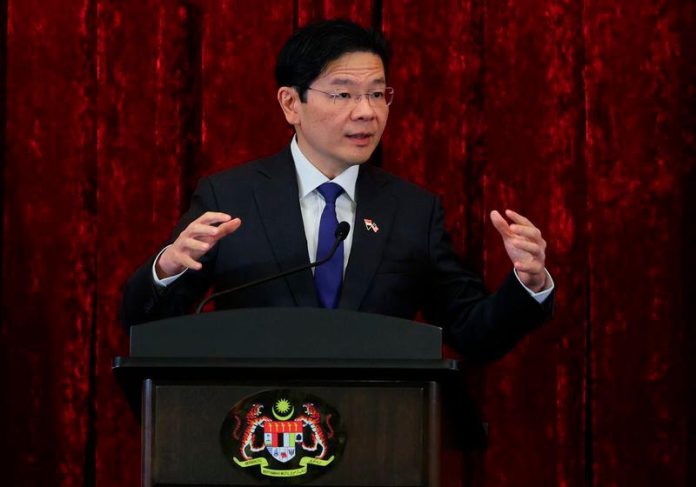SINGAPORE: Singapore has called for accelerated economic integration within ASEAN, urging the bloc to aim for 100 per cent tariff elimination across the region, boost intra-ASEAN trade, and further reduce non-tariff barriers to enable smoother business operations across the region.
Prime Minister Lawrence Wong said the 10-member grouping should also fast-track the development of the ASEAN Power Grid to support the region’s transition to green energy, attract new investments, create better jobs, and enhance collective energy security.
“We should also conclude the ASEAN Digital Economic Framework Agreement (DEFA), and upgrade our free trade agreements (FTAs) with key partners like China, India and South Korea,” he said at the S. Rajaratnam Lecture today.
Meanwhile, in response to growing global challenges, Wong said Singapore will actively contribute to the stewardship of the global commons and strengthen its international partnerships — including pursuing deeper collaboration between the Comprehensive and Progressive Agreement for Trans-Pacific Partnership (CPTPP) and the European Union (EU).
“The CPTPP and the EU combined represent around 30 per cent of the world’s GDP. A formal partnership between the two entities can facilitate trade and investment flows, and help to uphold the key principles of the rules-based trading system,” he added.
Wong, who is also Minister for Finance, reiterated that ASEAN remains central to Singapore’s foreign policy, as the country pledges to champion deeper regional cohesion and integration amid troubling global developments. He stressed that regional unity matters more than ever in a fragmented world.
“If ASEAN can stay cohesive and proactive, it will help all 10 members navigate geopolitical tensions and maintain our collective relevance,” he added.
Wong said Singapore will work with Malaysia, the current ASEAN chair, and East Asia Summit (EAS) partners to translate the ASEAN Outlook on the Indo-Pacific’s (AOIP) vision into concrete projects and initiatives.
Complementing the EAS, the AOIP emphasises openness, inclusivity and cooperation, and explicitly rejects zero-sum competition or dominance by any single power, he said.
In addition to maintaining its focus on Southeast Asia, Singapore will allocate more resources to partners further afield including Africa, the Middle East, Latin America, the Pacific and the Caribbean, and will expand efforts in emerging domains such as the digital economy and renewable energy.
“Through these efforts, we hope to be a responsible stakeholder that helps shape a more stable, resilient and inclusive global environment,” he said.








